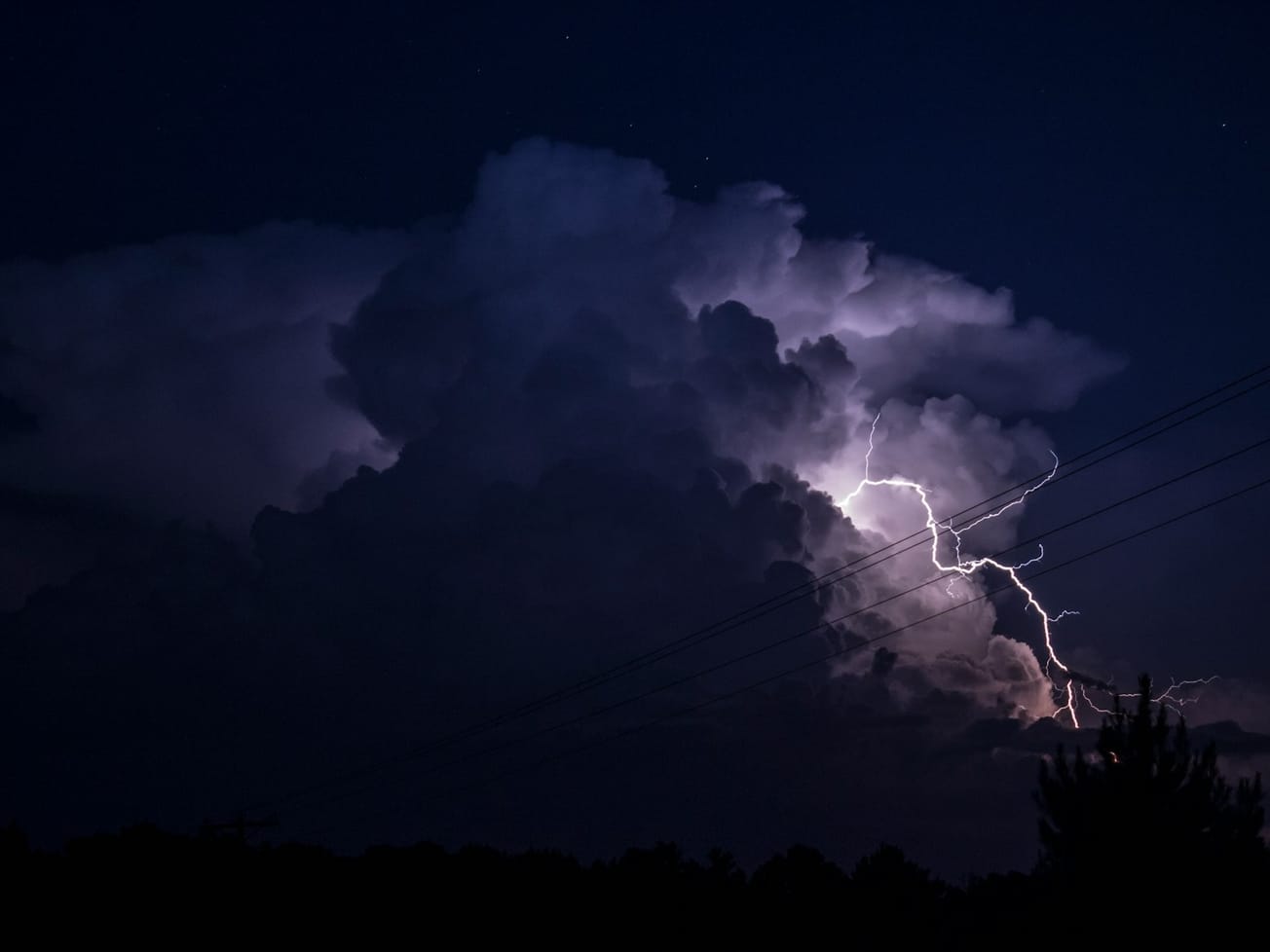With frustration mounting over political inaction to keep the world from overheating, legal action particularly in the U.S. is growing as an alternative.
The number of climate change cases more than doubled to 2,180 last year, up from 884 in 2017, the U.N. Environment Program and Columbia University's Sabin Center for Climate Change Law reported on Thursday.









